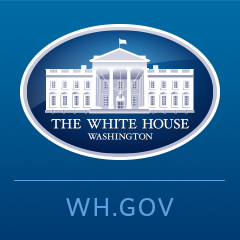gulfman
Diamond Member
- Dec 25, 2017
- 1,550
- 1,908
- 1,940
States rights were wrong during the Civil War and wrong now.We are one nation.Even though the Democrats think they are the Confederacy.Trump is an idiot and has zero idea as to how the government works and whose authority supercedes whose.
States rights win over federal authority every time.



